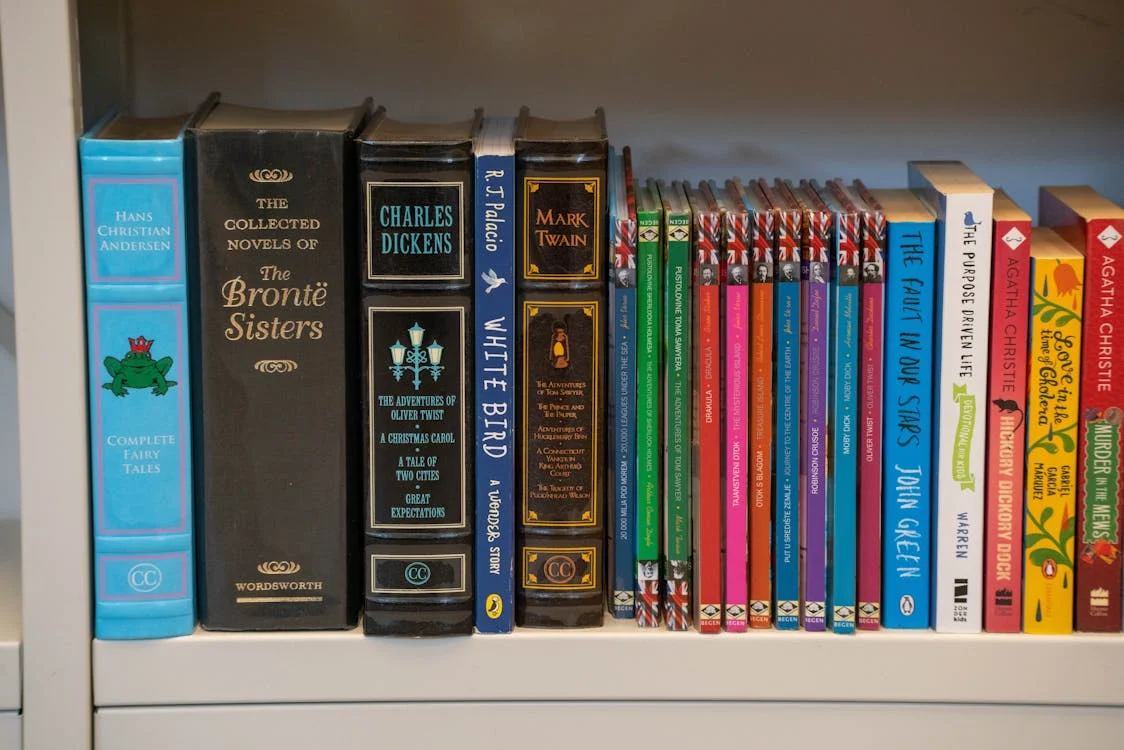
Let’s face it – reading, albeit a pleasure, can be a task. Especially when we are a generation who’d rather turn on Netflix when we get a 30-minute time of leisure amid our busy schedule than pick up a book and read. Yet, when we do settle down in a comfy spot with a book we love, there’s no series or movie that can come even close. Avid readers are known to be the most successful people. That’s why it’s also not a surprise that most competitive exams test our reading skills. In this blog post, we’ll discuss how you can engage with your literature texts.
Do you also often struggle to remember what you read? Most of us might be embarrassed to admit it, but when asked to summarize the plot of our favorite books, we fumble. Since we are so pressed for time, wouldn’t it be good to at least remember the few that we do manage to complete reading? This article has been written to help with just that! We’ve rounded a few tips to ensure that the precious novel/ book in your hand, remains etched in your memory long after your exam is over!
Know why you read
Or more importantly, know what you’re looking for. Of course, when you read as a hobby, you need not have a specific aim in mind. However, when you’re reading a text that you are going to be quizzed about in an upcoming exam, you cannot afford to forget what you read. To tackle this problem, we suggest, what we like to call, an “inverted approach”. Rather than reading a novel and then trying to answer questions, look up the author first- what are they thinking? What are their concerns? Why are they writing and what do they want to share with you or make you do or think? This will promote deep learning and help you engage with the text meaningfully.
Know what the text is about
In addition to exploring authorial purpose, look over the dominant questions and themes. Then answer these for yourself as you read. This not only ensures that you stay attentive throughout your reading, but also enables you to annotate effectively as you go along. For example, suppose you start reading a text as complex as ‘ Oedipus’, imagine how lost you would be if you didn’t know in advance that ‘Fate vs Free Will was the major theme! No, you don’t have to read a summary of the book! Nor do you have to read an analysis of the text on any popular literary help website. All you have to do is run through the theme headings and the most popular essay questions pertaining to the text. You will even be surprised to find yourself able to analyze the text in much more detail than any of those websites.
Imagine, annotate, repeat
Place yourself within the story and let the author take you where he intended for you to go. When you’re in the center of the action, your mind is alert to every word, every thought, every symbol. Now is the perfect time to grab a bunch of colored stickies and annotate to your heart’s content. Underline the lines that you love and the statements that shock you. Flag up the themes, and characters, and make your own little doodles of the symbols and motifs. These will serve as signposts that will show you exactly what happened in the book. Do this throughout your reading and your book will transform into a novel-cum-diary-cum-journal. Why spend extra time reading lengthy analyses written by other people? Personalise your own text and the knowledge will stick!
Make mind maps
Mind maps are a proven strategy to foster memory. Divide the text into sections according to major movements or plot changes. Have a minimum of three short quotes that are easy to remember. These will also serve as a summary for the section, while also depicting the themes. Draw flowcharts for just about anything of relevance – symbols, motifs, characters, themes, etc. Make use of your annotations to do so, and this will ensure that you know the novel like the back of your hand.
Brainstorm Possible Answers
Exams often re-use a handful of questions by wording them differently. Once your watchful eyes pick out the top questions, go ahead, brainstorm, and plan your answer. Prepare an introduction that you can use for almost any answer and write down the focus of the three main paragraphs. (Let each para be centered around a theme, which would be our suggestion). You will notice that once you’ve prepared an outline for three answer types, you will be able to confidently tackle any question presented to you in the exam. You can do this by reusing and restructuring your major points.
Whether you’re reading for pleasure or as part of exam preparation, these pointers will go a long way in helping every book seem like you just read it yesterday!
Let us know in the comments below if any of these points have helped you, or if you have any interesting insight to add.
If you want to learn how to structure any Literary Answer, contact us and we’d be happy to help.





